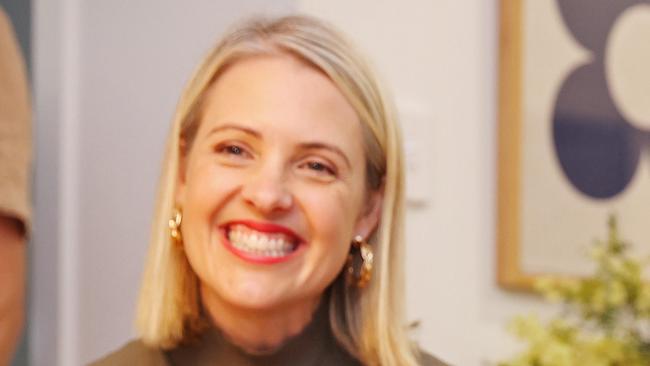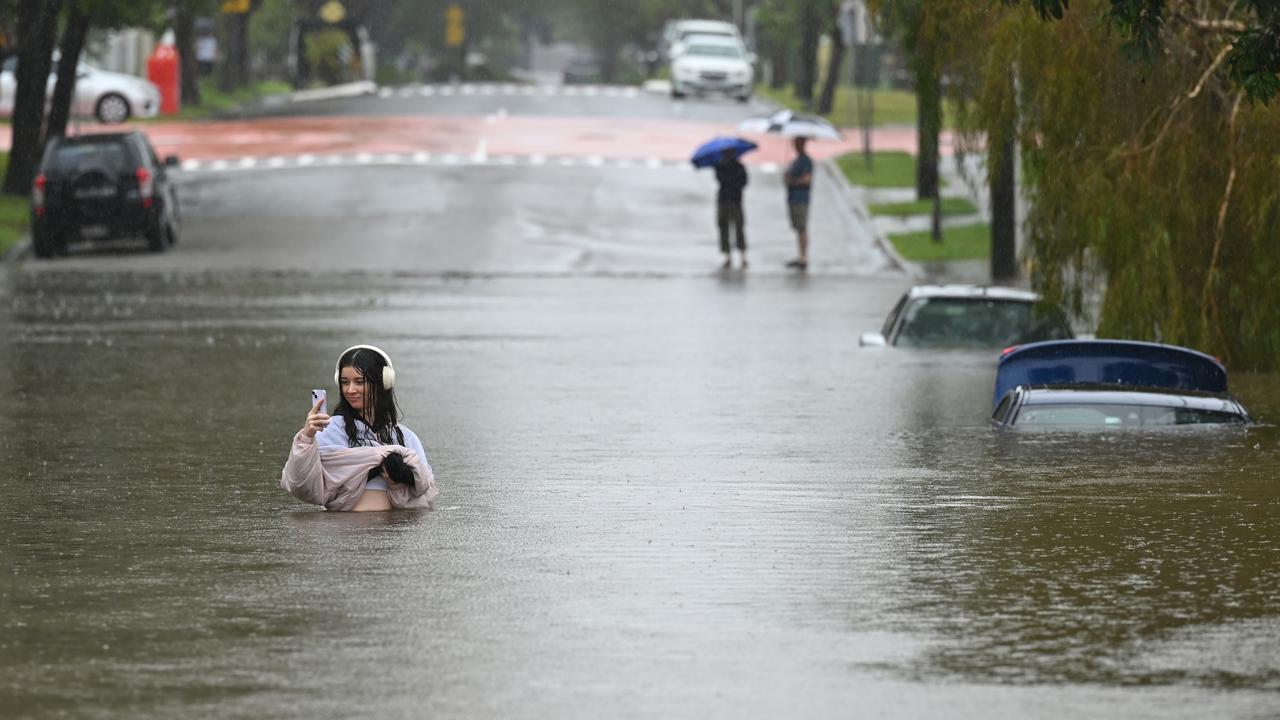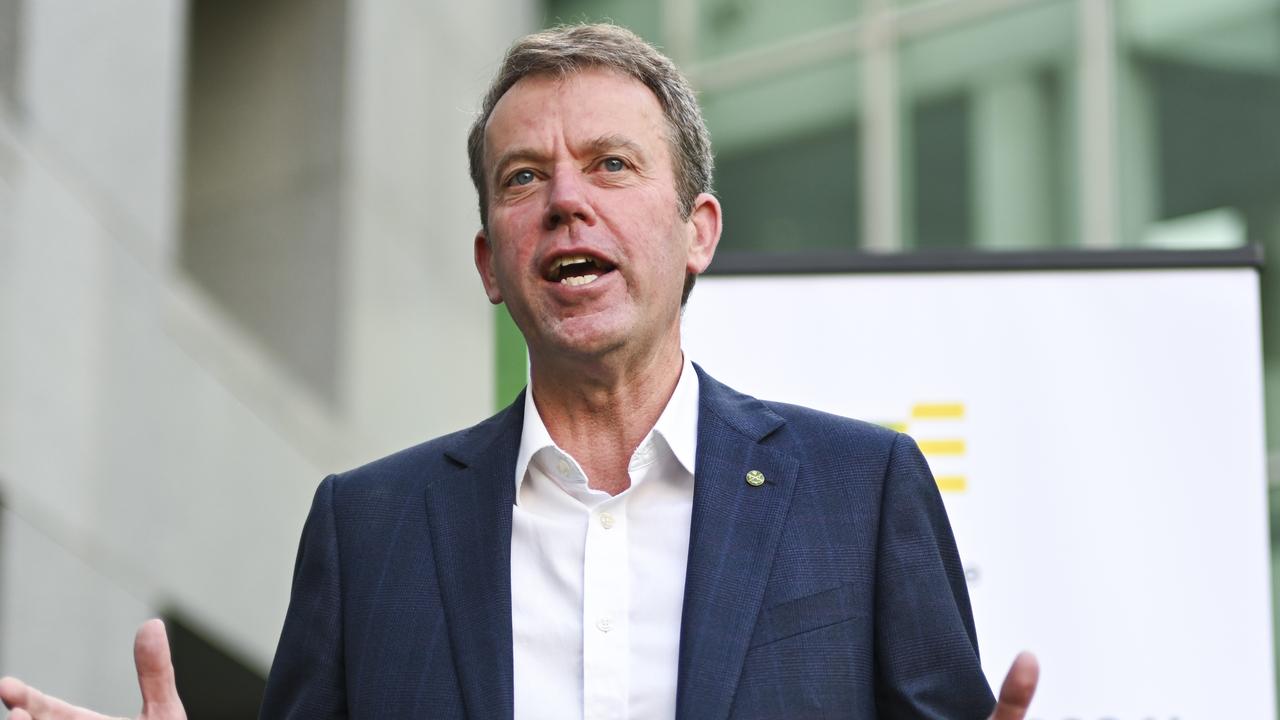Childcare staff shortages ‘must top jobs summit agenda’
Early educators are urging the federal government to put workforce shortages in childcare at the top of the jobs summit agenda before trying to fix issues in other sectors.

Early educators are urging the federal government to put workforce shortages in childcare at the top of the jobs summit agenda before trying to fix issues in other sectors, arguing such efforts would be “derailed if parents can’t access quality appropriate childhood education and care”.
Industry leaders, unions and educators raised the issues around workforce with Minister for Early Childhood Education Anne Aly during roundtables this week, which the West Australian MP held in preparation for September’s jobs and skills summit.
The summit will bring together unions, employers and governments to “address our shared economic challenges”, which include the skills shortages crippling the nation.
While better pay for the aged-care sector has been high on the agenda for the government, which this week made a submission to the Fair Work Commission backing a pay increase, advocates said the childcare sector needed to be an equal, if not greater, priority.
Chief executive of The Parenthood, a group advocating for parents and accessible childcare, Georgie Dent said she had attended one of the roundtables this week and brought concerns to Dr Aly about the waves of people leaving the childcare workforce.
“Last week, I had a meeting with a director of an early learning service who had 15 resignations in the last two years; staff are taking jobs at Bunnings and in hospitality because, frankly, the hourly rate is better and the stress lower,” she said.
“Part of it is financial, but there’s a broader piece about not feeling recognised or valued.”
Goodstart head of advocacy John Cherry said vacancies were running at “twice pre-pandemic levels”, with many educators and teachers leaving for better-paid positions in government schools. “We would like to see the federal government fund an immediate pay rise for educators and teachers comparable to the rates offered in government schools,” he said.
Ms Dent said an early childhood educator who was running a preschool was earning 30 per cent less than a teacher in primary school and that achieving parity between the two sectors was “a no-brainer”.
At least 9000 extra full-time staff could to be needed in the sector to meet a spike in demand after Labor’s childcare reforms, which will make care cheaper for more people.
Dr Aly said she was “very aware of these issues and the need for increasing the workforce” and would bring forward the issues raised to the job summit. Asked if childhood education workers should get pay increases, she said they needed to be more “valued”.




To join the conversation, please log in. Don't have an account? Register
Join the conversation, you are commenting as Logout